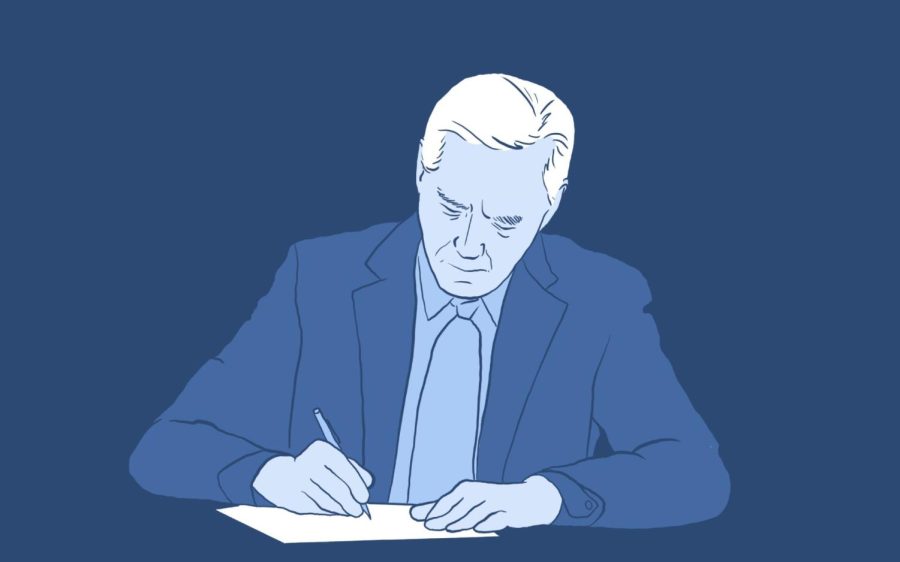
After a nationwide referendum on bailout conditions and long negotiations, Greece and leaders of the Eurozone reached an agreement July 14, preventing the country from defaulting after they missed a payment to the International Monetary Fund, or IMF, which has loaned the country at least 23.6 billion so far, according to the New York Times.
The history behind the current installment in Greece’s financial crisis can be traced back to 2001, when Greece joined the Eurozone — the Eurozone is typically regarded as a part of the European Union, EU, and implies that they share currency, the euro.
The missed payment is part of an ongoing financial crisis in the country which can be rooted back to the global financial crisis from 2007 to 2009. The crisis, called the worst financial crisis since the Great Depression, according to Reuters, forced Greece and others, such as Cyprus, Spain and Portugal among others, to seek loans from the IMF. The bailout of banks internationally saved many countries from further financial crisis.
Animesh Ghoshal, an economics professor at DePaul, said Greece was able to get credit easily and “financial markets clearly miscalculated the risk of lending to Greece, with interest rates on Greek bonds being almost the same as those for German bonds.”
Greece went on a “borrowing binge.” Greece increased wages and benefits, which included early retirement, during this time. Goods and services became more expensive, but not as competitive. This situation presented Greece with three options, according to Ghoshal.
“They can increase productivity — possible, but not easy in the short run; they can cut wages —difficult in a democracy; and they can devalue their currency — ruled out for Greece because it doesn’t have its own currency,” Ghoshal said. “Greece has been facing these untenable choices for the last six years, and mostly using the second option.”
The latest bailout package of $96 billion also includes easier repayment terms on some of the existing debt, according to the New York Times, but it requires Greece to accept more austerity measure, including pension cuts and tax increases. Though this current plan staves off a default for Greece, the current financial crisis has created tensions between Greece and other Eurozone countries, such as Germany, who have taken strict stances against debt relief.
The crisis, Ghoshal said, was predictable but still unfortunate. To prevent further economic meltdown and potential default in the future, changing tactics and policies is key. Ghoshal feels that Greece is faced with a “significant period of hardship, whether it stays in the Eurozone or leaves.”
“Ideally, Greece should use its latest bailout (about $90 billion) and the breathing room it provides to increase productivity. This involves both investing in physical and human capital (which would have a long term payoff) and removing constraints that hold back the economy,” he said. “But I am not optimistic about this, and am afraid that the new agreement may only kick the can further down the road. If that happens, the solution is probably for Greece to leave the euro.”
The three-year loan will keep the country from defaulting, but whether or not Greece can fix its economic woes will determine if there is another crisis. Greece will begin to reopen banks and address how to repay its debts to other Eurozone countries, the European Central Bank and the IMF.







